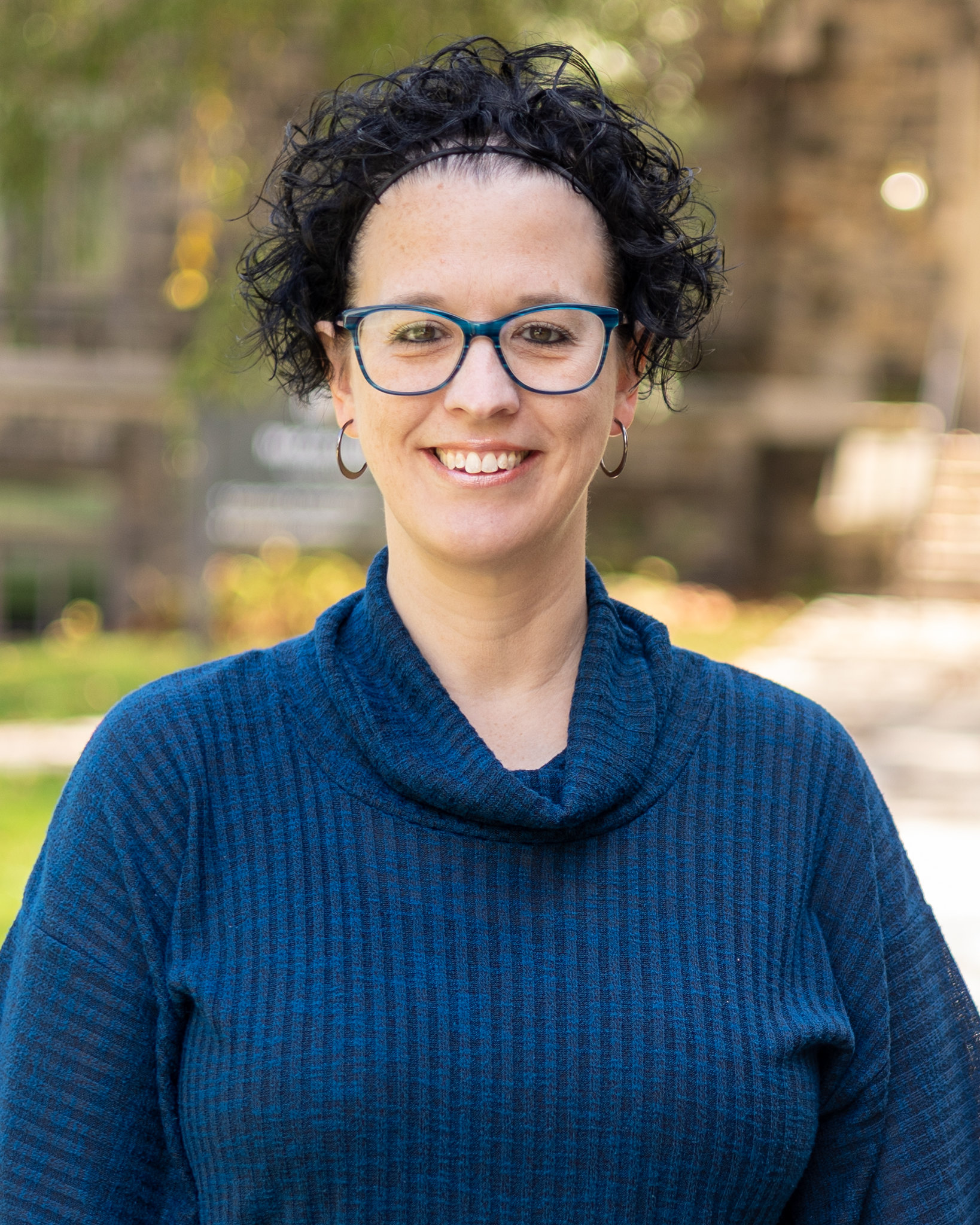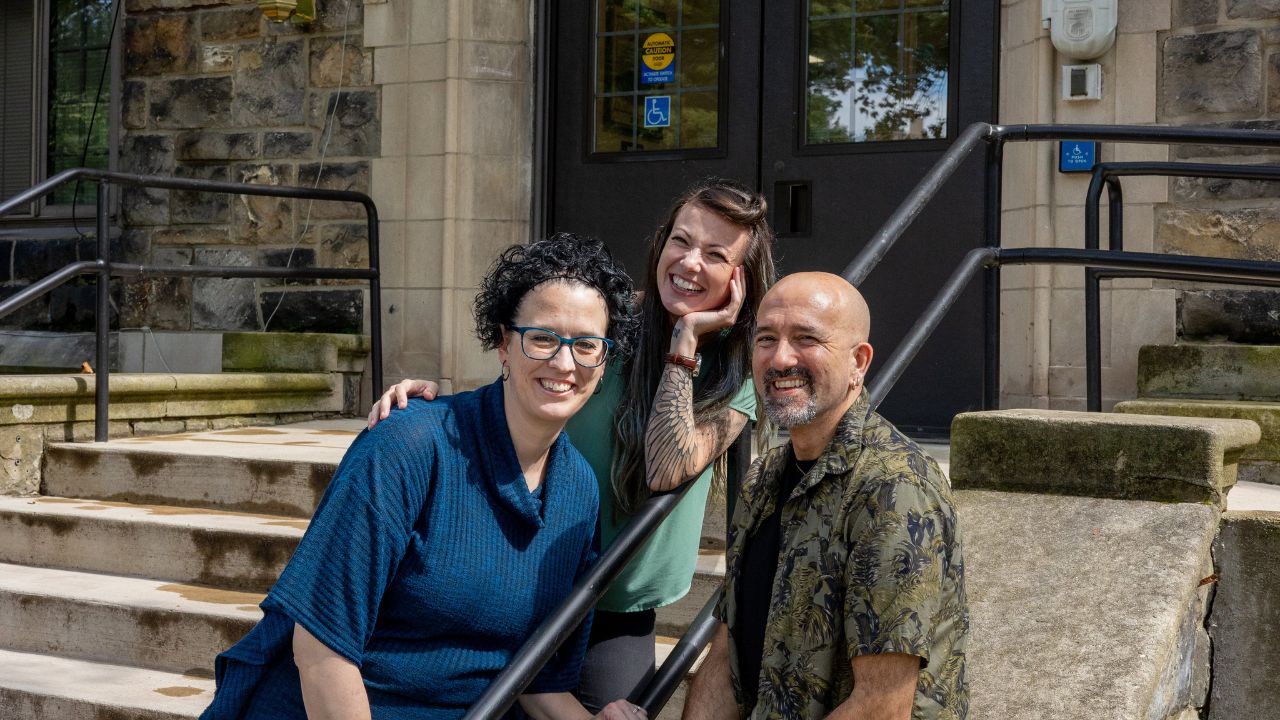
“Fear not, for I am with you; be not dismayed, for I am your God. I will strengthen you, yes, I will help you, I will uphold you with my righteous right hand.” Isaiah 41:10, NKJV
“Be anxious for nothing, but in everything by prayer and supplication, with thanksgiving, let your requests be made known to God; and the peace of God, which surpasses all understanding, will guard your hearts and minds through Christ Jesus.” Philippians 4:6-8, NKJV
Fear not. Do not be dismayed. Be anxious for nothing. Those are directives from Scripture that believers want very much to follow. So why then are so many of us still afraid? Still anxious? I believe it is because anxiety comes with being human and some of us have it worse than others. But before you judge yourself too harshly, remember that God knows your fear and He wants to comfort you. Your anxiety is a shared struggle, not a shameful secret. Take a deep breath and face your fear. Anxiety can be viewed as an opportunity — a moment built for seeking God even more and relying on Him even more.
In the past thirteen years that I have had the privilege to serve as the director of Counseling Services at Geneva College, I have witnessed anxiety in our students all too often. College students face many new challenges. Often for the first time, they are living away from their families and communities. They are suddenly presented with new surroundings, social situations, and a heavy academic load. Very often these new challenges can feel overwhelming, leading to depression or anxiety. Sometimes this extra pressure can worsen a previous condition or trigger its onset.
A recent survey found that 63% of college students in the United States reported feeling “overwhelming anxiety” in the past year. Anxiety continues to be either the highest or second highest (behind depression) concern that we in Counseling Services see with the students that we serve.
As previously mentioned, anxiety is a feeling that I am sure many of us can relate to. Although anxiety often times does not feel pleasant, a small amount of it can help us stay safe and accomplish important tasks. Anxiety can alert us to dangerous situations. When we are feeling anxious, our body produces extra adrenaline and cortisol because it is preparing to either fight or run from danger.
However, anxiety can also be life interfering. For students, it can negatively impact their relationships with their family and peers, impact their academics, lead them to avoid social situations through isolation, and also impact their sleep and other aspects of their physical health. Symptoms of anxiety can vary among individuals, but may include the following symptoms: poor concentration, feelings of restlessness or being on edge, worry or nervousness, muscle tension, feeling fatigued or weak, sleep difficulties, feeling out of control, sense of impending doom, fast heart rate, sweating, trembling or shaking, stomach aches, headaches, or rapid breathing.
So what can we and our students do to cope with anxiety? We like to be practical in Counseling Services and teach students some attainable inner resourcing that they can use to decrease their symptoms of anxiety.
First, it is helpful to address anxiety and how it manifests in our body, often as muscle tension, fatigue, and restlessness. Any type of physical exercise can be very helpful. Stretching and/or yoga is one example. Yoga and stretching can help relieve tension in the body and focus the mind on the present. This is especially helpful because anxiety often leads our mind to focus on the future and think about the awful “what ifs.” Yoga includes poses that are standing, seated, supine, twists, balancing, forward folds, and inversions. On campus, we offer a weekly, Christian-based yoga class that includes yoga postures and movements, incorporating meditation and the reading of Scripture.
Secondly, another helpful skill for anxiety is breathwork. There are so many variations of this that it’s likely to find one that connects with you. A few that we teach in Counseling Services include belly or diaphragmatic breathing, box breathing, stairstep breathing, ocean breath, feather breathing, lion’s breath, and alternate nostril breathing. Belly or diaphragmatic breathing is probably the most basic. Here’s how it’s done: Lie on your back on a flat surface (or in bed). You can use pillows under your head and your knees for support if that is more comfortable. Place one hand on your upper chest and the other on your belly, just below your rib cage. Breathe in slowly through your nose, letting the air in deeply towards your lower belly. The hand on your chest should remain still, while the one on your belly should rise. Tighten your abdominal muscles and let them fall inward as you exhale through pursed lips. The hand on your belly should move down to its original position. Try it — you’ll love it!
My hope is that all who read this remember that however you’ve come by your anxiety — trauma, heredity, or just simply by being human in a world that can be very stressful — you are not abnormal, disgraced, or unqualified to be who God has called you to be. You can find relief, whether through your relationship with the Lord, a qualified mental health professional, or medication. Anxiety does not have to rule your life.

Amy Solman MA, LPC, CADC, C-DBT, CTMH
Director of Health and Counseling Services
Opinions expressed in the Geneva Blog are those of its contributors and do not necessarily represent the opinions or official position of the College. The Geneva Blog is a place for faculty and contributing writers to express points of view, academic insights, and contribute to national conversations to spark thought, conversation, and the pursuit of truth, in line with our philosophy as a Christian, liberal arts institution.
Apr 12, 2024Everyday LivingRelated Blog Posts
Request Information
Learn more about Geneva College.
Have questions? Call us at 724-847-6505.









 Online Course Login
Online Course Login